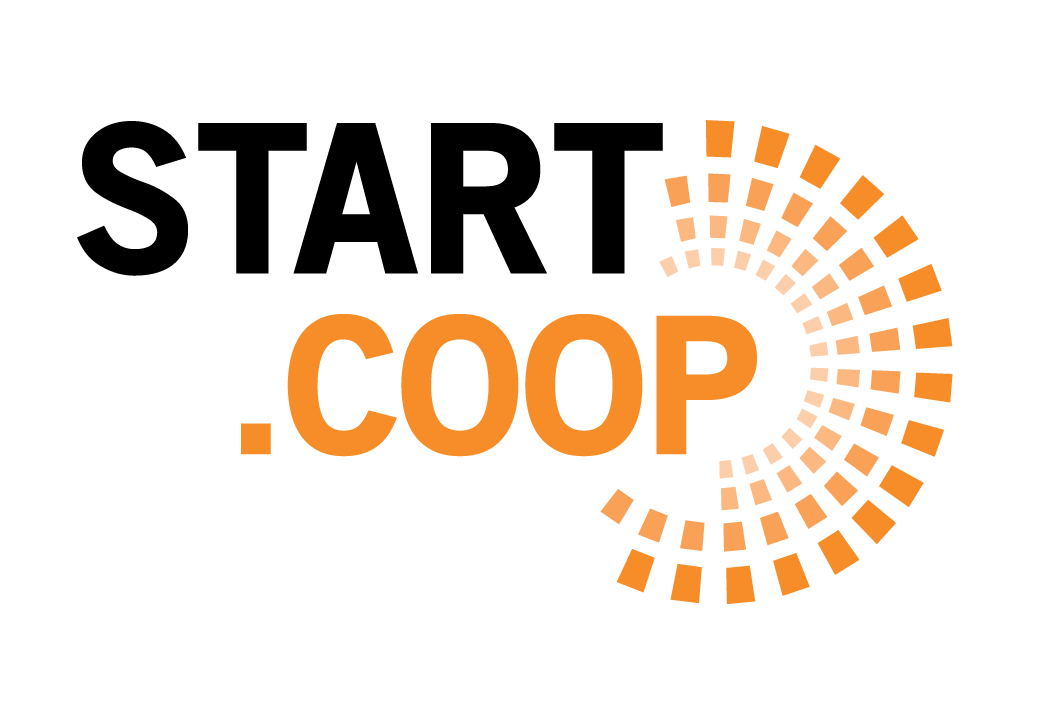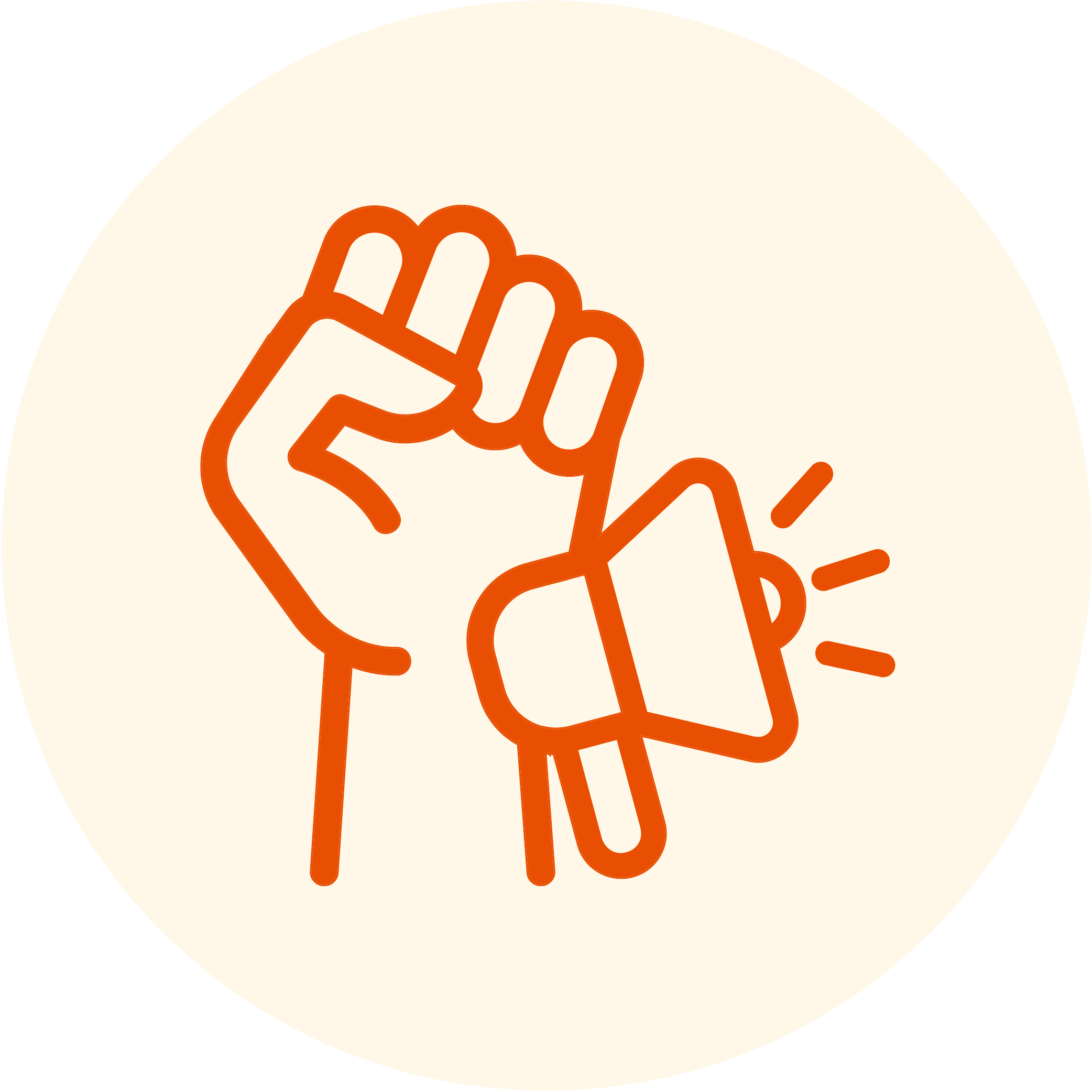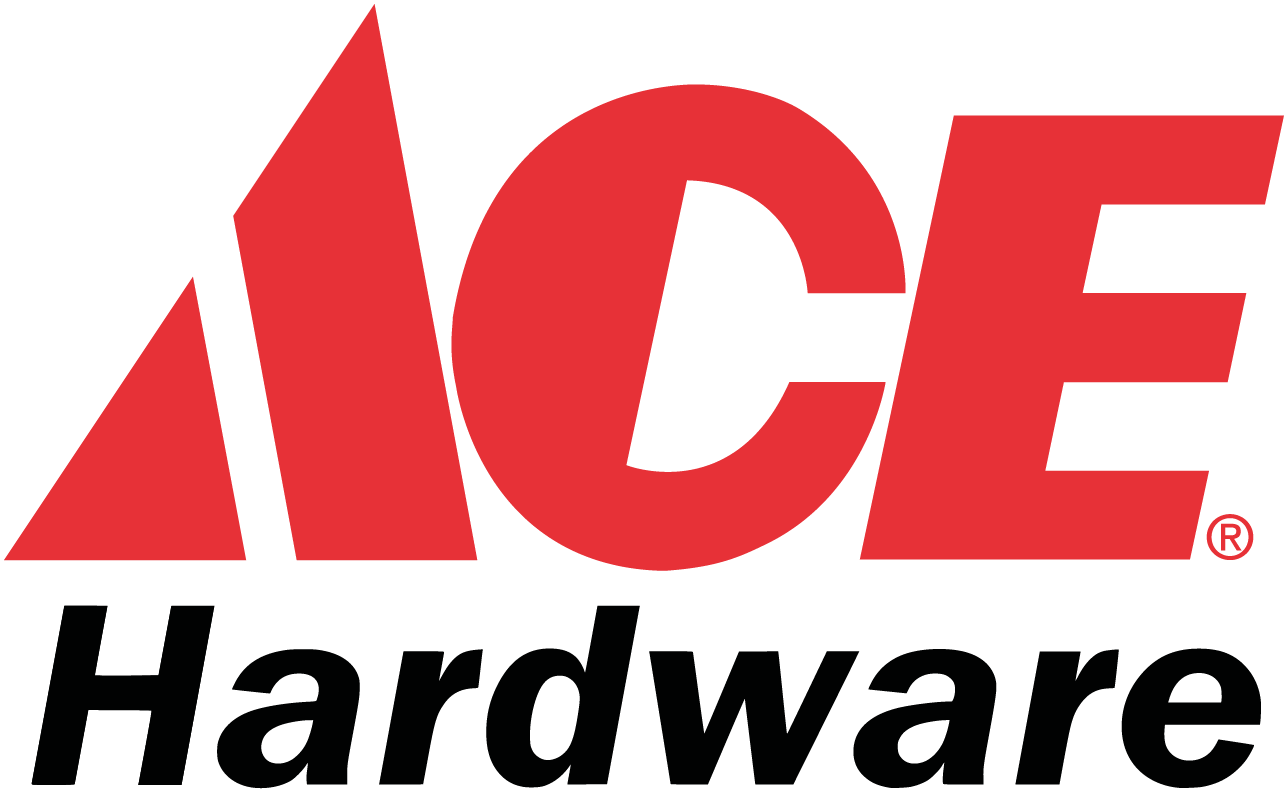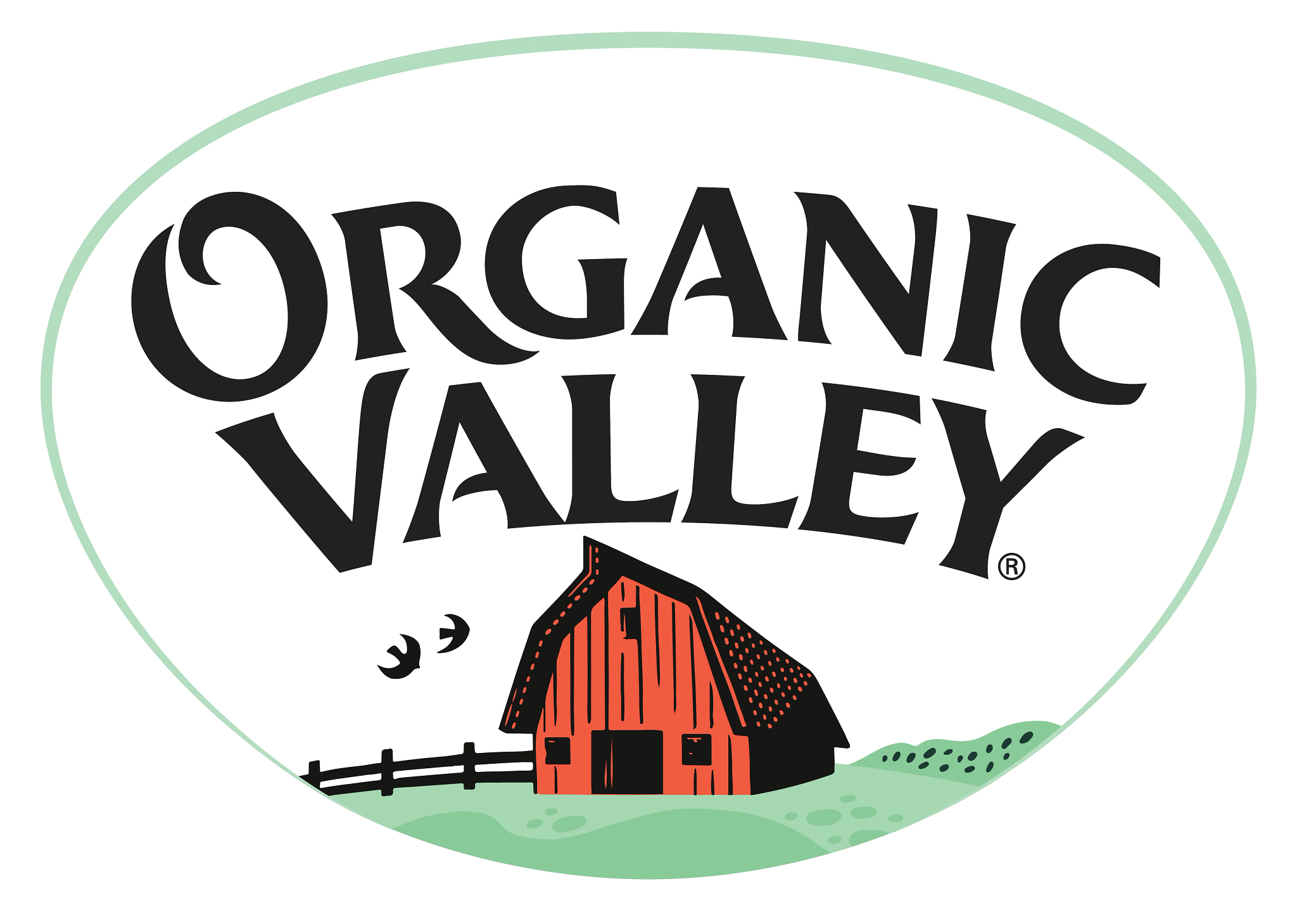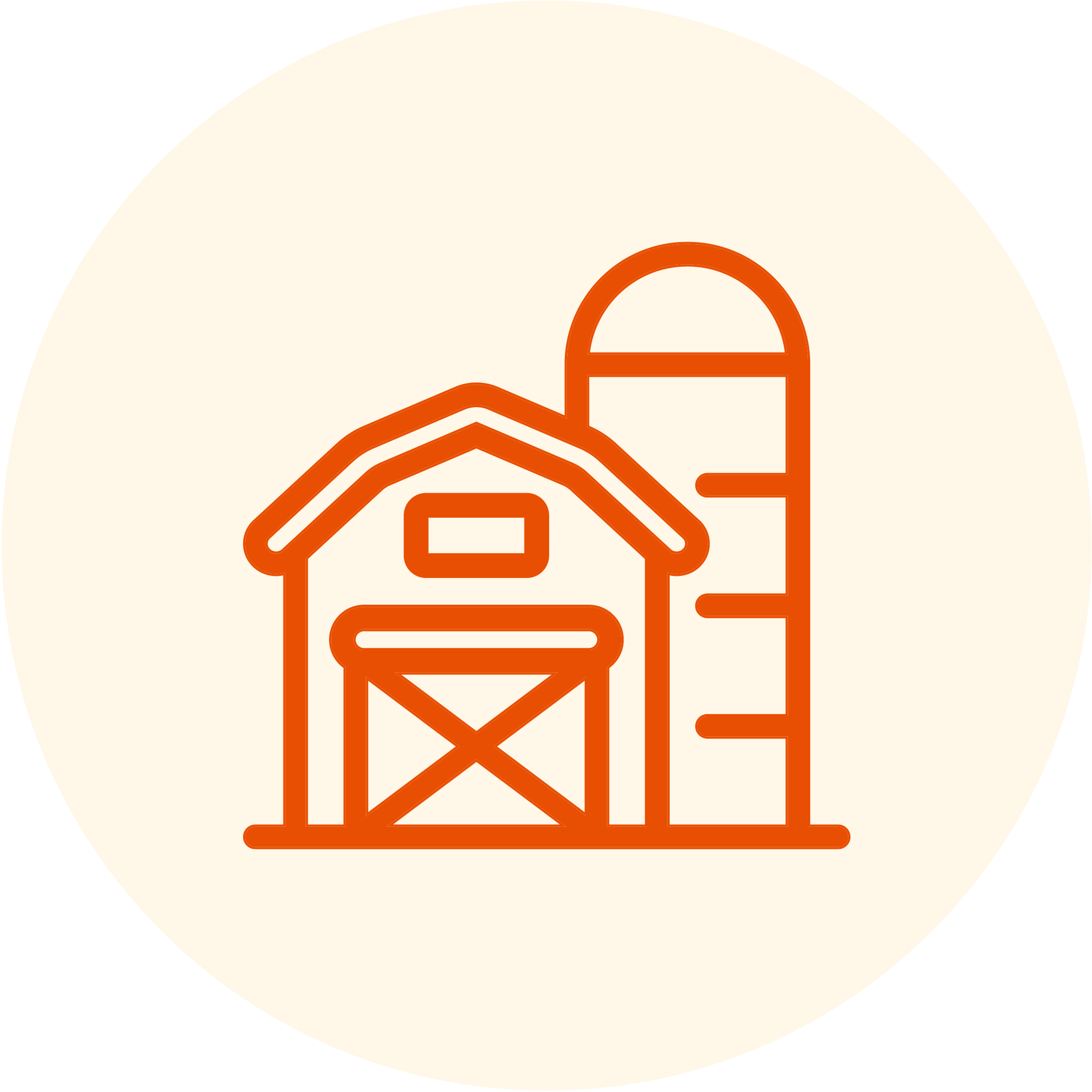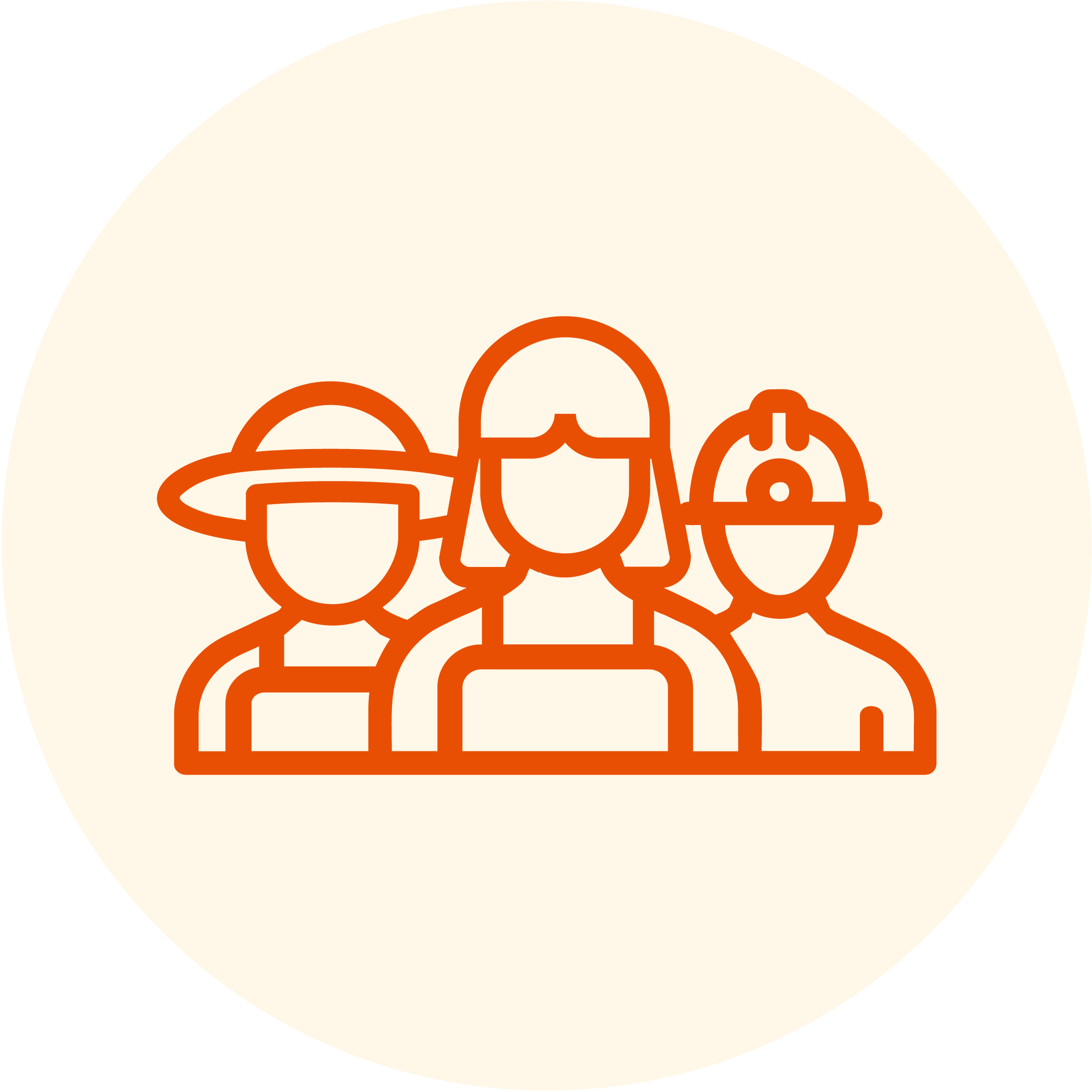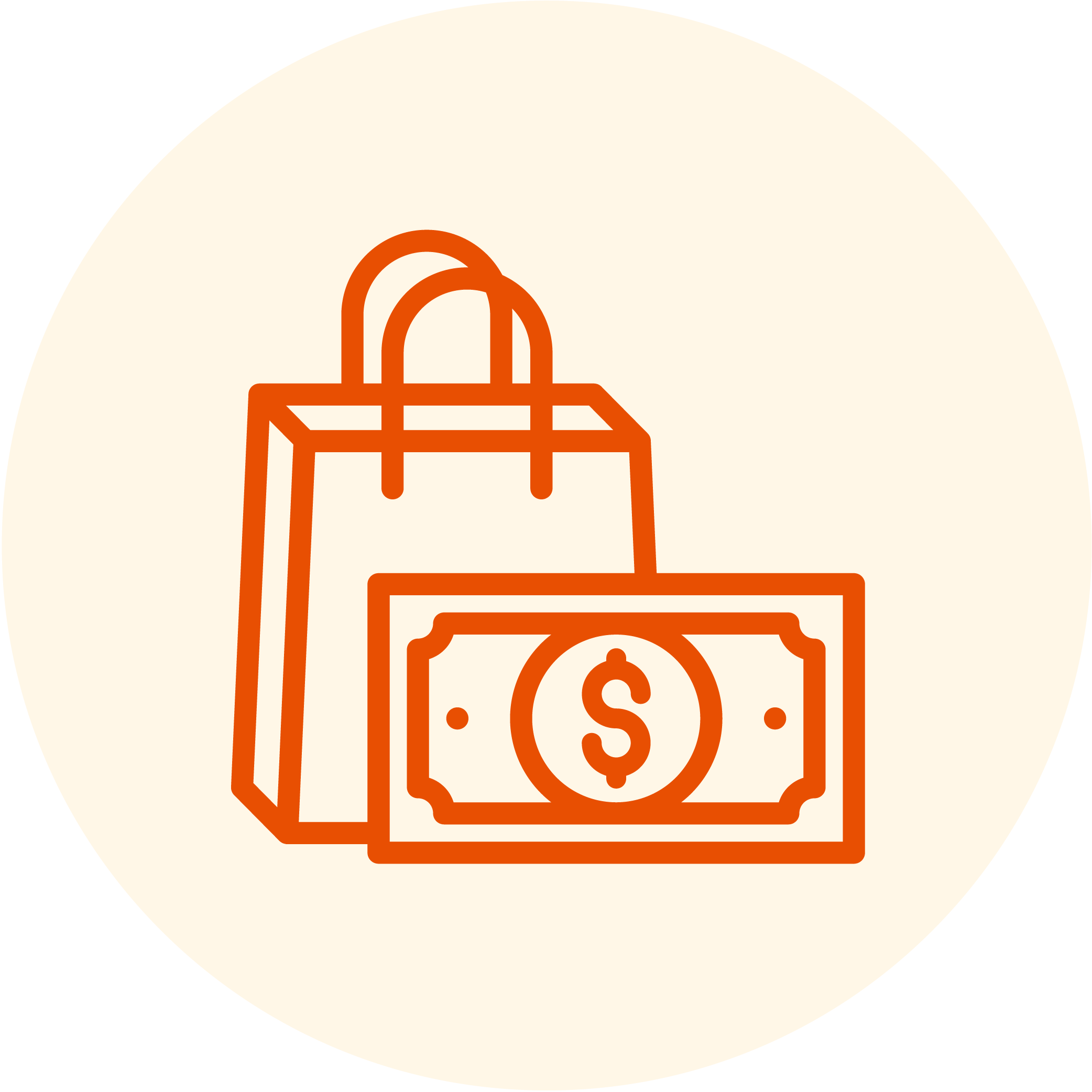
Explore Cooperatives
Unlocking ownership that builds prosperity for the many, not just the few.
What is a cooperative?
A cooperative is a values-based business, owned and operated for the benefit of its members.
Cooperatives are structured around seven principles deeply rooted in democracy, economic participation, and sustainable growth of both the businesses and communities they serve.
Principle 1 :
Voluntary & Open Membership
Principle 2:
Democratic Member Control
Principal 3:
Members’ Economic Participation
Principle 4:
Autonomy and Independence
Principle 5:
Education, Training, and Information
Principle 6:
Cooperation Among Cooperatives
Principle 7:
Concern for Community
Start.coop’s Principle 8:
Racial Justice: Diversity, Equity, and Inclusion
Co-ops are all around us
Cooperatively owned businesses are owned and controlled by the people who directly produce or use their products, supplies, or services.
In this shared ownership structure, profits are shared with the people who directly support that business. Because of this, cooperative ownership has the potential to unlock ownership and wealth generation for so many traditionally excluded individuals and communities.
-
The cooperative way of doing business offers producers scale and security in the competitive landscape of agriculture.
-
Housing co-ops are an alternative to conventional rental apartments, mobile home parks, and condos.
-
Mutual insurance companies are unique because they are owned by the policyholders, the people who buy and receive coverage.
-
Social cooperatives values-based operations deliver needed services to their communities.
-
Credit unions are different than your conventional bank; they’re owned by the people who bank there.
-
Food co-ops place grocery store ownership in the hands of the people who shop there.
-
Worker co-ops organize ownership around the people working within the business.
-
Purchasing co-ops keep community at the heart of their operations.
-
Utility co-ops put the power in the hands of the community.
Co-op Sectors
The cooperative business model is successfully used in many different sectors of today’s economy.
Cooperatives may look like any other business, but are actually very different. Take a look at how member-ownership is used in the business sectors that shape our lives.
Farmer-Owned — Producer Cooperatives
A business owned by the farmers who produce the product. Producer Cooperatives operate in all areas of agriculture and production. This includes dairy production, raising meat and poultry, growing grains and produce, fishing, there are even forestry operations and biofuel cooperatives.
Employee-Owned — Worker Cooperatives
Worker co-ops can operate in any industry and on many different scales. They are incredibly diverse and possibilities for the business model are endless. Because the employees own the business in a worker cooperative, it is the employees who govern the business and benefit from its growth.
Customer-Owned — Consumer Cooperatives
In consumer cooperatives, it is the customers who own and govern the business. People choose to form and participate in consumer co-ops to scale their buying power, secure and control their access to goods and services, and amplify their voices in the industry in which their co-op operates.
Local Business-Owned — Purchasing Cooperatives
Purchasing co-ops scale buying power and increase savings through shared services keeping locally owned and operated businesses competitive without sacrificing their independence. This model is utilized by independent retail businesses, government bodies, and college/university networks.
The Power of Cooperative Ownership
64 k
cooperatives in the United States that are successful in many industries.
They look like any other business but are actually very different.
130 M
members and counting. Ownership matters; and co-op members own their businesses.
This makes a positive difference in daily operations, profitable growth, and the culture of the business.
$2.28 B
in total revenue generated by the top 100 cooperatively-owned businesses in the United States.
The profits distributed by these companies go back to the local owners of each co-op. Even better, the profits are distributed pre-tax, not post tax, which is far more efficient.
Multiple studies have indicated that employee-owned businesses are more productive, more stable, and have lower failure rates.
Employee owned companies experience 2-3% higher yearly sales growth than non-employee owned peers.
The 5-year survival rate for cooperatively owned businesses is 69% higher than that of non-cooperative businesses.
Want to learn more?
Cooperatives democratize work
Watch this powerful TEDTalk in which Trebor Scholz introduces platform cooperatives and explains why they are a better, fairer alternative to traditional tech sector businesses.
Co-ops: The Next Generation
Listen to our Co-Directors, Greg Brodsky and Jessica Mason, talk about dismantling an economic system that concentrates wealth in the hands of the few on Basecamp’s ReWork podcast.
Why Co-ops?
We provide people like you with the knowledge, skills and resources to build thriving cooperatives.
Sustainergy of Cincinnati, Ohio
Learn about a worker-owned green energy cooperative.
Cooperative Home Care Associates (CHCA)
Nationally recognized and the largest worker-owned home care agency in the Bronx, New York.
The Drivers Cooperative
A driver-owned ride hailing cooperative in New York City.
Co-ops: a better way to build a business.
It’s time to bring workers together to share ownership in their business, giving everyone a voice. It’s time to give more money back to worker-owners and offer better benefits compared to similar investor-owned businesses. It’s time to empower people and time to offer more opportunities.
